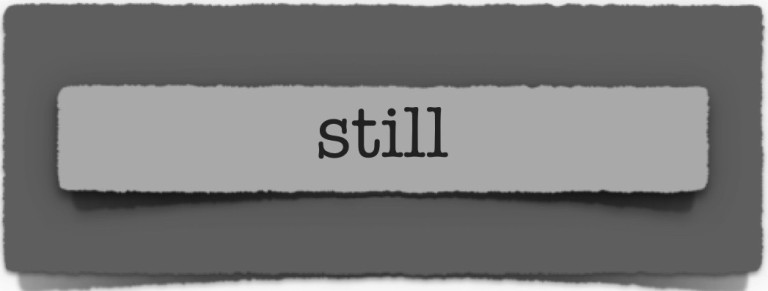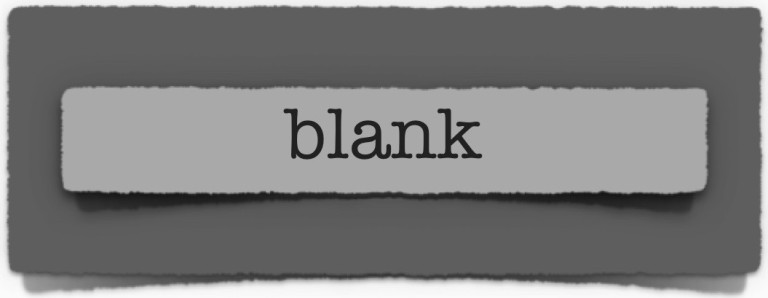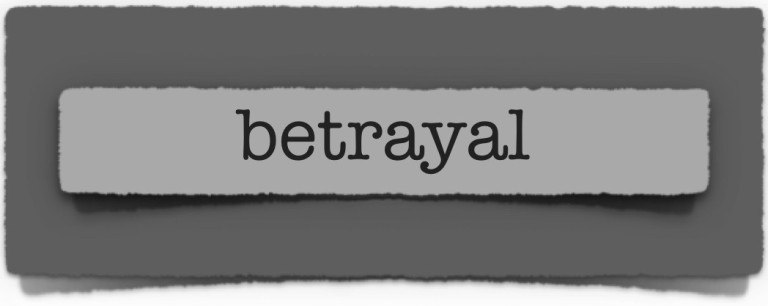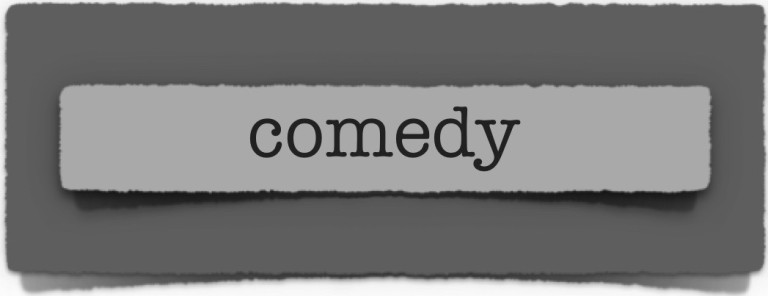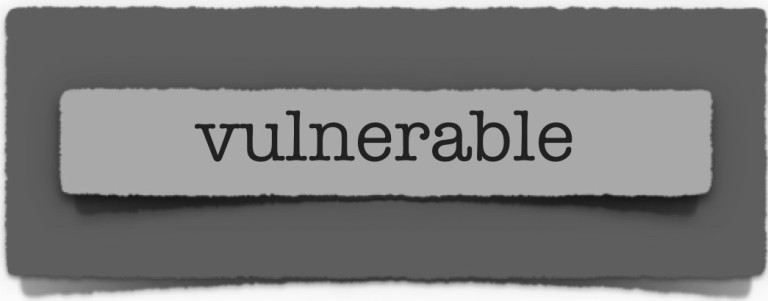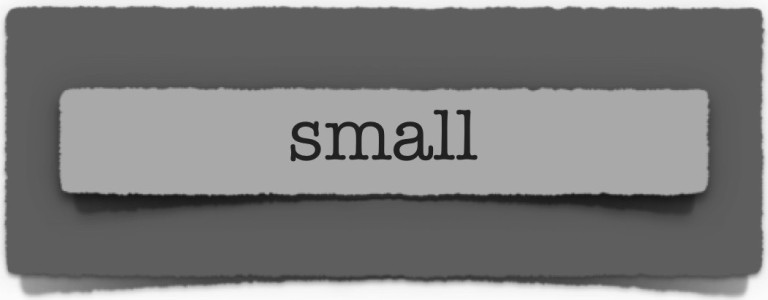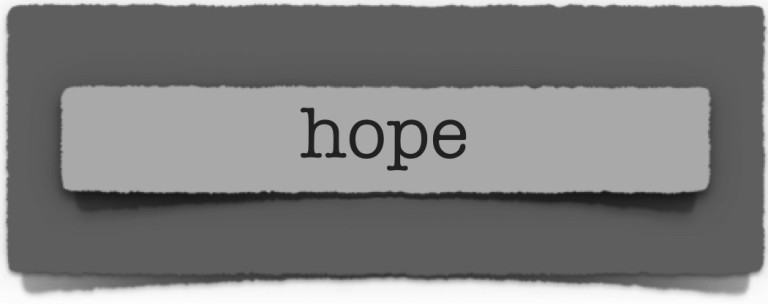Like most Americans, I suppose, I woke this morning to news of the attacks in Brussels. I’ve only seen a couple of pictures, but I could see it in my mind, as much as I can imagine such a thing. As the day went on, the public conversation went two ways. One was to draw connections with the injured and wounded and grieving. People wrote about when they had been in Belgium, or talked about connections with New York and Paris—though not many mentioned Syria or South Sudan or Beirut or Nairobi or Baghdad. Still, we worked hard to feel together in the face of tragedy.
The second direction, which came more from the political rhetoric, was to move towards isolation, to distance ourselves from the attackers and label them as not us, and then to foment an appetite of retaliation.
Ginger and I talked about it briefly as she drove me to the train station, and then she went on to her day and I stood on the platform with eight or ten other folks waiting, just like those folks in Brussels. Madeleine L’Engle was my companion, since I had just one more chapter to finish up our Lenten conversation, and it was titled, “Echthroi and Angels.” Echthroi, she explained was Greek word meaning “the enemy” that she used in A Wrinkle in Time and the books that followed, to identify those people and things that cause dis-aster—separation from the stars. She described a meeting with a film production company who wanted to turn one of her novels into a movie.
“Did Joshua have to die,” I was asked.
“Yes.”
“Why?”
“Because that’s what happened,” I said firmly.
“But Joshua was good.”
“Yes,” I agreed.
“But doesn’t good imply protection?”
“No,” I said. No. And then it came to me that the only one who ever offered protection was Satan. (212)
She was referring to the promises the Tempter made to Jesus in the wilderness that no harm would come to him if he would only change his allegiances. Then she asked and sort of answered another question.
But does the God of love not offer that kind of protection? Again I’m caught between paradox and contradiction. (212)
In the spring of 2002 I went to the NCAA Final Four with my father and my brother, which was barely six months after the destruction of the Twin Towers in New York. We had received word to go early to the arena because security was going to be extreme and everyone would be searched. When we got there, thousands of people were crowded around each doorway, and we were out there for an hour or more. At some point, I turned to my dad and said, “This is an illusion of safety. While they are protesting the inside, what would keep someone from bombing this crowd while we’re waiting?” There was no way not to be vulnerable, which was just as true as I stood on the train platform, or as I walked across the New Haven Green to get to work, as it was that night on an Atlanta sidewalk.
Vulnerable. The dictionary says it means “susceptible to physical or emotional attack or harm.” It’s not a call to arms, but a call to humanity.
One of the enduring images from my years teaching at Winchester High School in Massachusetts is the big pile of book bags that grew every morning outside of my room. Rather than stuffing the bags in their lockers, the students just piled them up. I never heard of anything being stolen or destroyed. It was a spontaneous sculpture that spoke to how safe the students felt in their own school. When the attack happened at Columbine High School, one of the first responses from our administration was to ban the book bags because they said they were a threat. Their fear caused them to misread what was a symbol of our vulnerability and confidence in one another.
Vulnerable. There’s no way around it. To be human is to be vulnerable, fundamentally unprotected, capable of carrying profound pain. Once we have been wounded—and we will be wounded—we have a choice to make (0ver and over): how will we respond to the violence done to us?
For once, the years of French my parents made me take pay off a bit. The French word for to wound is blesser, which looks like it could just as easily mean to bless. So I will ask the question another way: as we face and respond to the violence in the world, do we wound or do we bless? Will we give in to the temptation of protection and fortify ourselves, or will we offer blessing out of our woundedness? The question is the same on both the grand scale and the small. Madeleine says our part is
. . . simply to bless, no matter how ungraciously. We being with blessing the easily identifiable echthroi: disease, terrorists, rapists, power mongers. Then keep coming in closer. Hold out to the love of God those who have hurt us. Those who have let us down. Who, for one reason or another, slap out at us, put us down, reject us. Those whose forgiveness we must accept when we have done any of those things ourselves. Those we encounter in our daily lives, family, friends, people we pass on the street. (225)
Hold out to the love of God—I love that phrasing. We’re not holding on, but holding out, extending, trusting that the presence of God is something more profound than protection.
As I was walking home from the train this afternoon, I stopped at the Marketplace, a coffee shop on the Guilford Green, to read and write for a bit. I took a window seat and watched the late afternoon parade of kids and dogs and parents. Three boys, probably eight or nine, rode up on their bicycles and dropped them outside on the sidewalk to come into the store without a thought of locking anything. They came inside, got a snack, and then went back to their bikes to head home for dinner. As they stood their talking before the rode off, I smiled and thought, “They’re sitting ducks.” And then I hoped they never learned to be anything different, as I held them out to the love of God.
What can separate us from that?
Peace,
Milton



